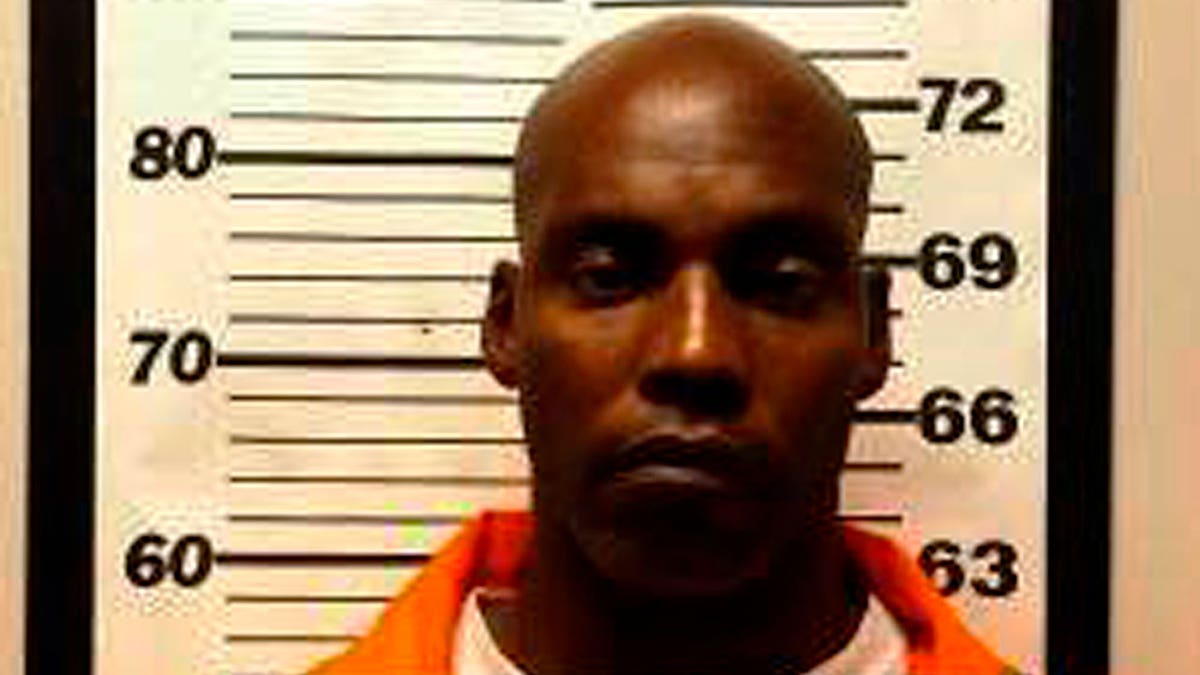Fox News Flash top headlines for December 12
Fox News Flash top headlines are here. Check out what's clicking on Foxnews.com.
A hearing begins Monday in a case that will decide if the conviction should be overturned for a Missouri man who has spent nearly three decades in prison for a murder that two other people later confessed to committing.
Lamar Johnson has long maintained his innocence, and St. Louis Circuit Attorney Kim Gardner is backing his request to vacate his conviction. However, the Missouri attorney general’s office maintains Johnson was rightfully convicted in the 1994 slaying of 25-year-old Marcus Boyd and should remain in prison.
The hearing in St. Louis Circuit Court is expected to last up to five days.
Johnson was convicted in 1995 of fatally shooting Boyd over a $40 drug debt and received a life sentence. Another suspect, Phil Campbell, pleaded guilty to a reduced charge in exchange for a seven-year prison term.
NC MAN EXONERATED ON MURDER CHARGE AFTER 21 YEARS WINS $6M LAWSUIT BUT CITY REFUSES TO PAY
Johnson claimed he was with his girlfriend miles away when Boyd was killed. Years later, the state’s only witness recanted his identification of Johnson and Campbell as the shooters. Two other men have since confessed and said Johnson was not involved.
Gardner launched an investigation in collaboration with lawyers at the Midwest Innocence Project. Their investigation found misconduct by a prosecutor, secret payments made to witness, falsified police reports and perjured testimony.

This booking photo provided by the Missouri Department of Corrections shows Lamar Johnson. A hearing begins on Dec. 12, 2022, in St. Louis to decide if the murder conviction for Johnson should be thrown out. (Missouri Department of Corrections via AP)
The former prosecutor and the detective who investigated the case rejected Gardner’s allegations.
Last week, Missouri Attorney General Eric Schmitt asked the court to sanction Gardner, accusing her of concealing evidence. Schmitt said Gardner's office failed to inform the attorney general's office of gunshot residue testing on a jacket found in the trunk of Johnson's car after his arrest. Schmitt's filing said the evidence was hidden "because it tends to prove that Johnson is guilty."
CLICK HERE TO GET THE FOX NEWS APP
Gardner, a Democrat, responded by accusing Schmitt, a Republican, of grandstanding. She said the failure to turn over a lab report on the jacket was due to an overlooked email. She also called it irrelevant since the jacket was not used in the crime.
Johnson’s claims of innocence were compelling enough to spur a 2021 state law that makes it easier for prosecutors to get new hearings in cases where there is new evidence of a wrongful conviction. That law freed another longtime inmate, Kevin Strickland, last year after a prosecutor told a court that evidence used to convict him had been recanted or disproven. He served more than 40 years for a Kansas City triple murder before a judge freed him.


